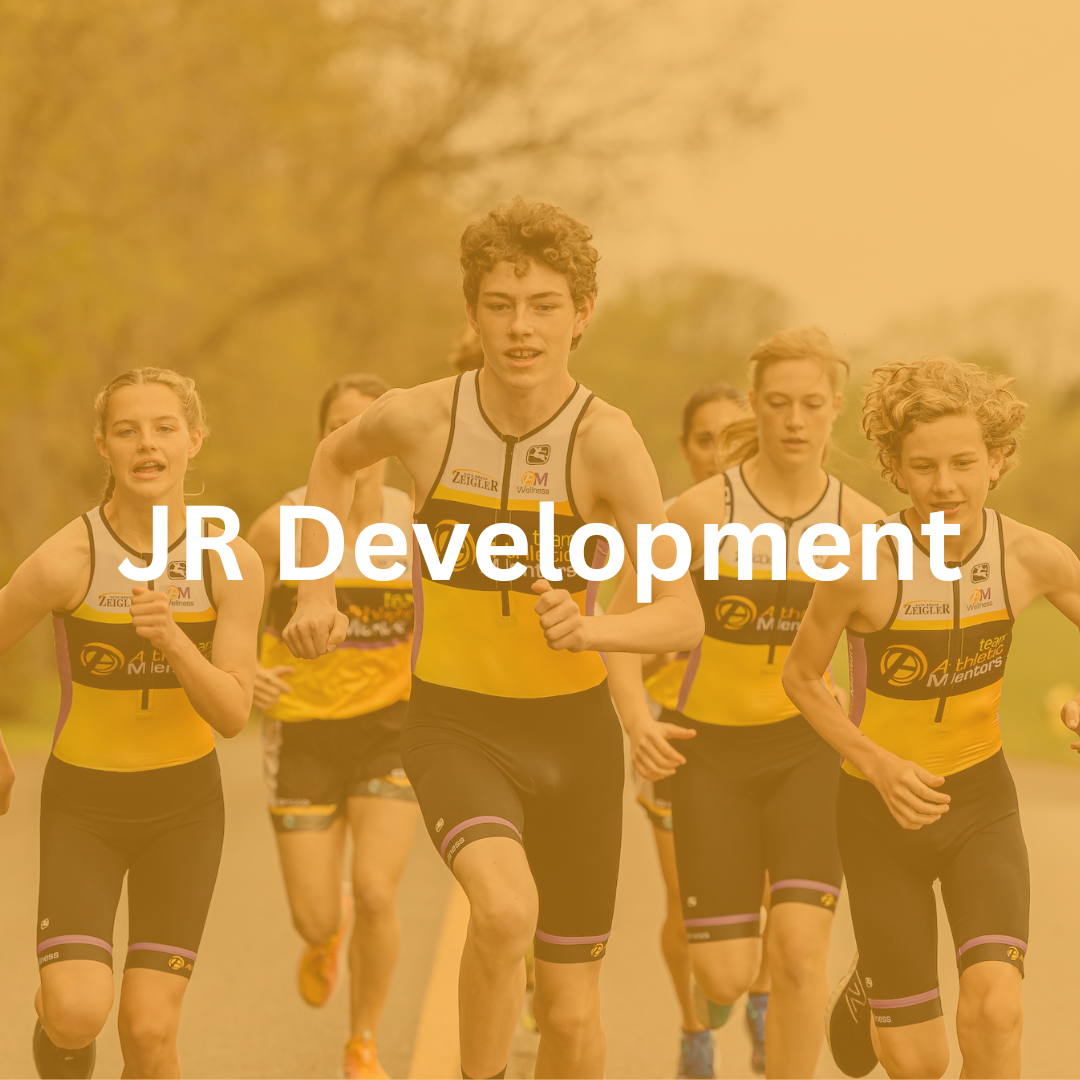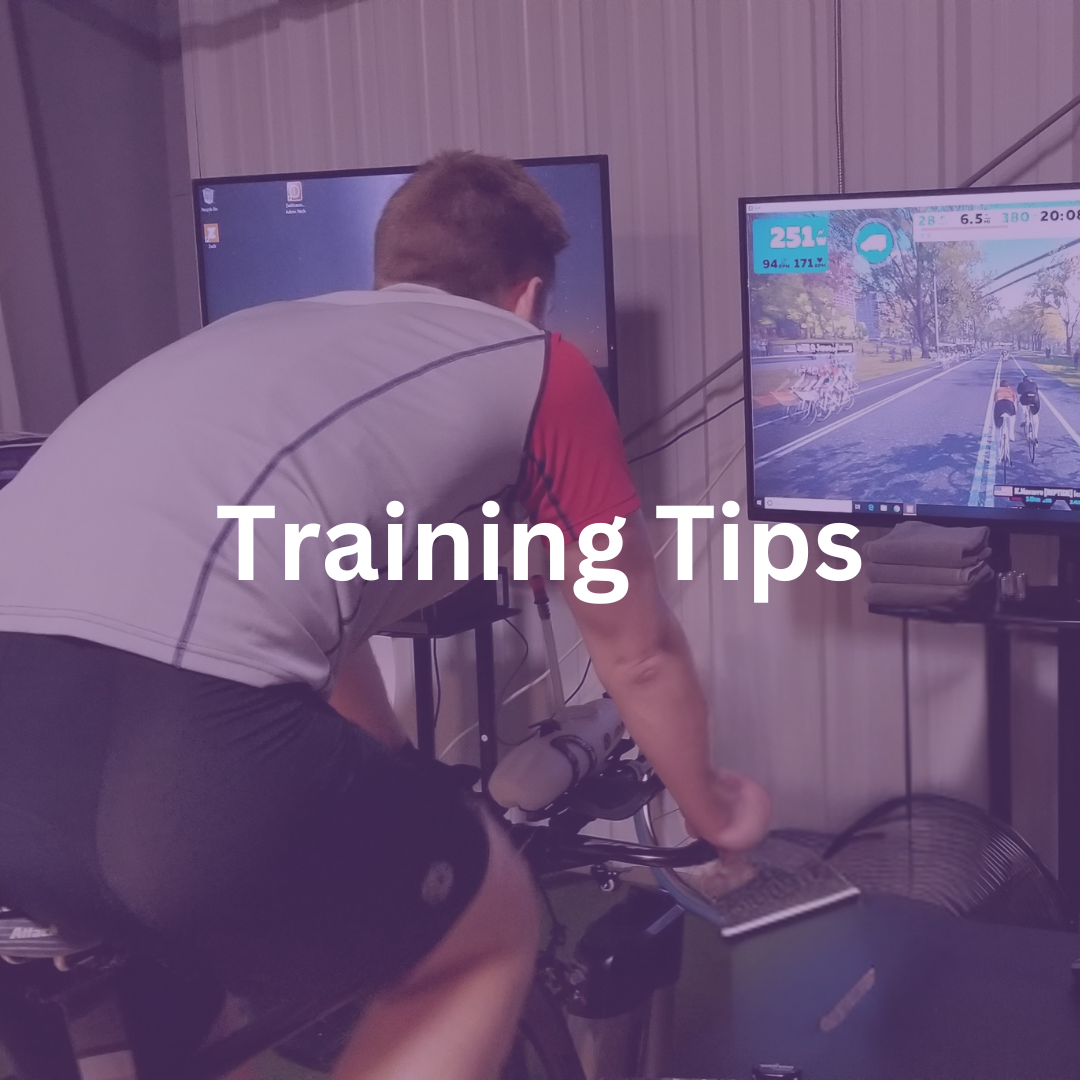By: Brie Siems My name is Brie Siems and I am 14 years old. I am a freshman at Hackett Prep. I enjoy being outdoors and have a passion for being active. I participate in many sports such as soccer, swimming, running, basketball, and skiing. I like triathlons because they include swimming and running. This past summer, I competed in many triathlons in addition to running in multiple 5k races in the area. My brothers and I volunteered at the Kid’s MiTi triathlon in Grand Rapids this past August. I really enjoy volunteering at races. I watched so many kids arrive in the transition area to set up. They were so happy and excited. For some of them, this was their
Team Athletic Mentors News
Realizing Your Potential: Getting Faster in Your 30’s with Expert Coaching and Consistent Training
By Jeremy Sikkema Triathlons are a test of physical and mental endurance, requiring participants to excel in swimming, biking, and running. While many may believe that aging marks the decline of athletic prowess, this could not be further from the truth. With the right guidance and a commitment to consistent training, athletes can not only maintain but also enhance their performance in triathlons. In your 30’s, you might have more responsibilities and a busier schedule because of items such as kids and work. This makes the quality of your training sessions just as important as the quantity. By having a good coach and consistently following a training plan I have been able to go from a middle-of-the-pack athlete to one that
Team Athletic Mentors News
Can Mere Mortals Learn Anything From The 2023 Tour de France Stage 16 Time Trial?
By: Jay Campbell On July 18, 2023 the top cyclists in the world raced a 22.4 km time trial on a hilly course that ended with a 2.5 km climb at 9.4%. You can watch the highlights here: https://www.nbcsports.com/watch/highlights-2023-tour-de-france-stage-16 These are my takeaways for us mere mortals trying to get faster at the cycling leg of a triathlon. Workout in the aerobars as much as you can!!! There is a very old study that measured peak power in upright and aero positions for elite cyclists vs. triathletes. Triathletes had higher peak power in the aero vs. upright position while it was the opposite for cyclists. [Peveler, W. et.al. Effects of Training in an Aero Position on Anaerobic Power Output, J. Exerc.
By: JoAnn Cranson What is happening to me? I’m still very active, walking, running, cycling, swimming, playing with the grandkids, yet…. I’m not as strong as I was a few years ago!! The inconvenient truth is that we lose muscle mass as we age into our late 50’s, 60’s and beyond. By the time we are in our 80’s statistics show some have lost over 30% of our muscle mass!! What?? No wonder it is harder to get up that big step or balance oftentimes feels off. If you feel this way, you’re not alone. I’m fighting this muscle loss, too. To combat Osteoporosis, balance issues, muscle loss, slower metabolism and to increase calorie burn, I’ve found that the best thing
By: Christina Vipond Most sports have an off season which allows an athlete to have some well deserved time to take a physical and mental break. The off season also allows an athlete to return to basics, work on building a strong foundation and work on skills. For cyclists, this may be difficult to schedule into the season as there are so many opportunities for training and racing the entire calendar year. Gravel racing alone runs from March through October. Cyclocross season takes over from there and fat tire races happen all winter long. There is also mountain bike racing, crits and indoor racing. For many athletes, training and racing an entire season is not an issue. For other athletes, it
By: Christina Vipond In training or racing, the only thing we know for sure is that we won’t know what the weather will be until we are on the start line. Race season typically begins in March. We could get lucky and have a warm, dry day or we could get snow or cold, rainy weather. Usually, the morning is cool and may or may not warm up so having kit ready for any weather is essential. Some athletes can tolerate colder weather, others aren’t so lucky. Thankfully, the technology for clothing is such that it allows for layers of clothing to be worn without affecting movement required for racing. Drinking warm liquids before and during the race can keep the




 Athletic Mentors
Athletic Mentors